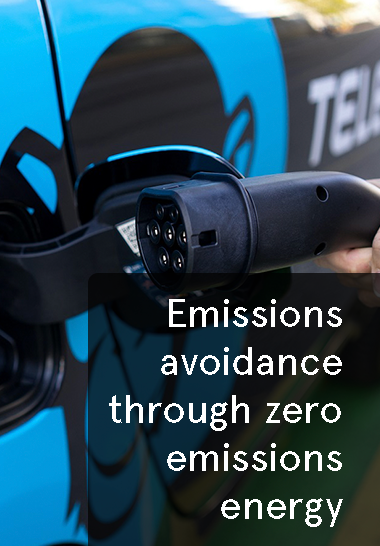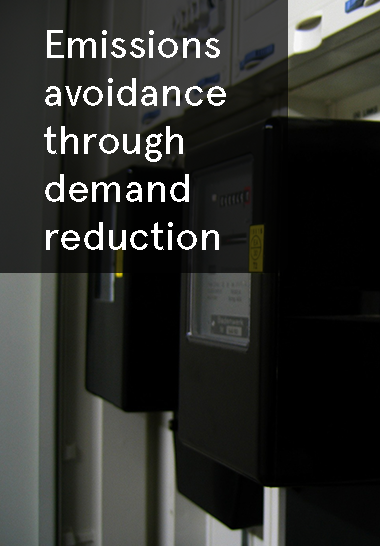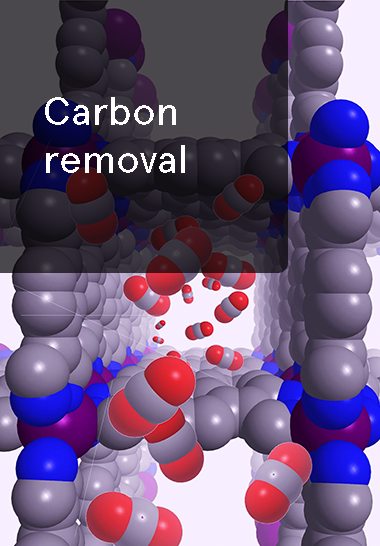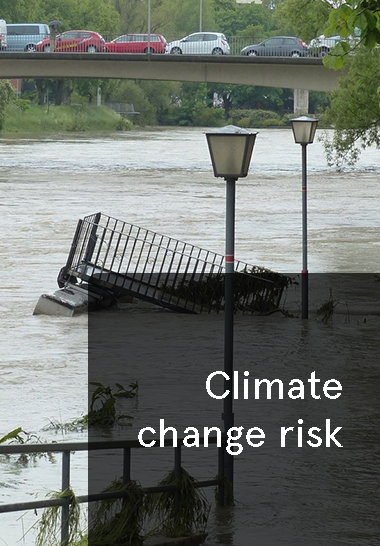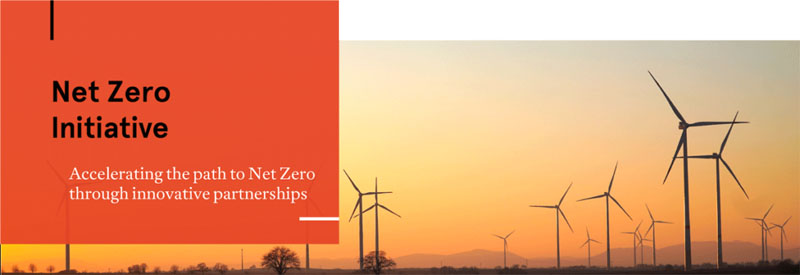
The Net Zero Initiative harnesses the resources of the University of Sydney to develop, translate and enable societal adoption of technologies and systems to deliver global decarbonisation.
The Net Zero Initiative (NZI) brings together over 100 of the world’s top researchers across engineering, science, urban planning, renewables, policy, carbon accounting, and behavioural science. Launched in 2020, NZI aims to help government, industry and communities swiftly manufacture, deploy and adopt cost-effective, low emissions technologies at scale. With a strong track record of investing in state-the-art-facilities and attracting some of the world’s most innovative research leaders in this space, the University of Sydney is well placed to drive this ambitious initiative. Our research has underpinned new industries, businesses, and technologies. Meanwhile, our researchers have launched highly successful ASX-listed companies. We have partnered with thousands of organisations and government departments globally and have educated industry leaders, entrepreneurs and policy makers.
What is the Net Zero Initiative?
The NZI connects researchers across the University in order to foster collaborations spanning four enabling research themes which are central to the realisation of a net zero future. These endeavours seek to reduce global fossil fuel emissions by creating new systems that can deliver reliable, low cost, zero emissions energy, while also reducing the demand for products and services that generate greenhouse gas emissions in the first place. In addition, we are developing new, low-cost options to remove carbon from the atmosphere.
The NZI recognises that the transition to a net zero world also requires the active participation of private capital markets, and that potential investors in new net-zero assets will need a firm understanding of the risks to businesses posed by climate change. To this end NZI researchers are developing new tools to help businesses and investors assess risks based on climate models and then make decisions that mitigate those risks.
See our research in action
Preparing steel for the net zero transition
Hydrogen could see the end fossil fuels, with “green” hydrogen requiring only renewable electricity and water for its manufacture. For a large roll-out of hydrogen power to be possible, it will be critical to address a major technological challenge known as “hydrogen embrittlement”.
See how some of our researchers are finding solutions and helping Australia become a leader in this space.
Making ammonia in a net zero world
Ammonia is critical for food supply and is a potential energy carrier, however, its production is responsible for 2% of global emissions. A collaboration between researchers at the University of Sydney and the University of New South Wales has led to a way to make ammonia production “green”, using only air and water. The trick is “cold plasma”, which is created using renewable electricity. See the cold plasma tube in operation.
Researching sustainable concrete
If cement production was a country, it would the third largest greenhouse gas emitter after China and the USA. Our researchers are looking at ways of using waste streams to make cement and concrete. This strategy has the potential to lower Australia’s greenhouse emissions and reduce waste in landfill.
Researching the low emissions future of aviation
Drone technologies and their uses are expanding globally. Our researchers are developing drones powered by hydrogen, super-capacitors and fuel cells which could significantly increase the range of drones for delivery, surveillance and other tasks. Moreover, the scale-up of such innovations could profoundly change the future of the entire aviation industry.
NZI Conferences
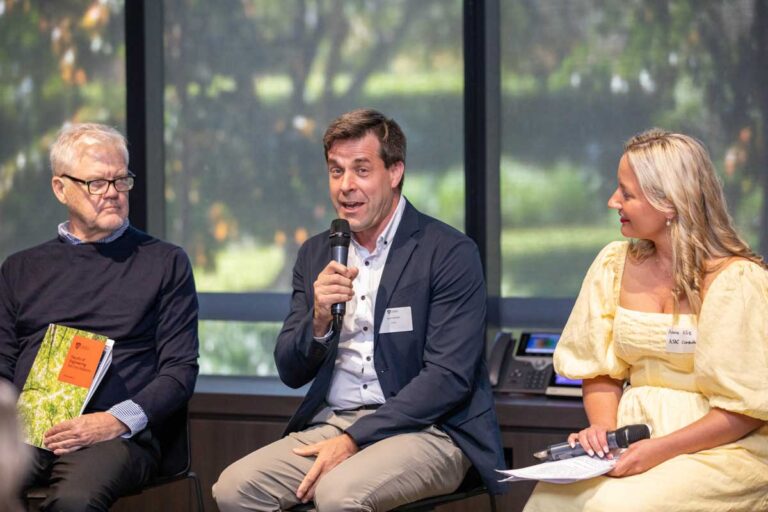
Net-Zero Initiative Conference – November 2022
NZI Conference Launch Video Conference Gallery
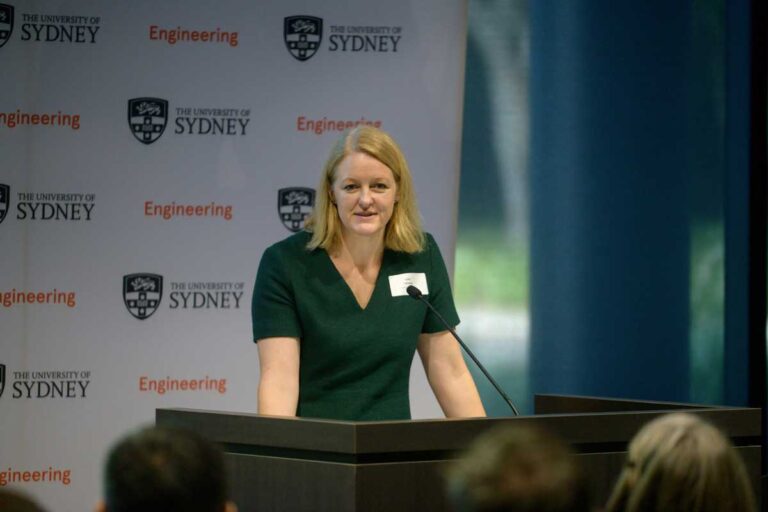
Net Zero Launch Event
Launch Video Launch Photo Gallery
Our Initiative
Enquiries
Explore our research
NZI White Paper
Decarbonisation Early Career Researcher Assembly
Net Zero Initiative Seed Funding announced
Uni of Sydney 1st Net-Zero Institute Conference
21-25 November 2022


